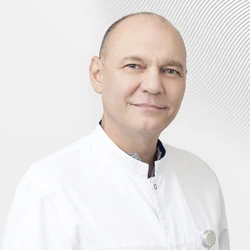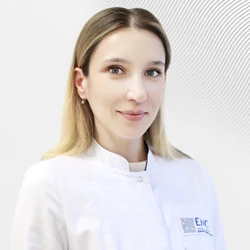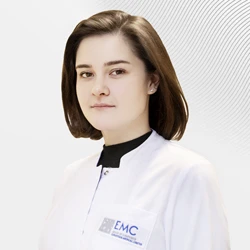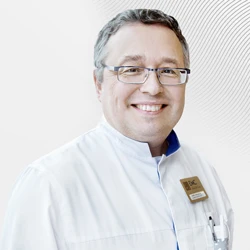Mankind has been familiar with psoriasissince ancient times, and the description of this disease is found in the writings of Herodotus and Plato. According to clinical and statistical data, from 2 to 7% of the population suffers from this disease. And this is a fairly large figure in medical statistics.
The stressful pace of life, psychoemotional overloads, pollution of the atmosphere and the environment lead to disruption of the adaptive functions of various organs and systems, including the skin. Recently, there has been a predominance of patients with skin problems of a non-infectious nature, among which psoriasis occupies one of the leading places.
In recent years, psoriasis has increasingly been considered as a systemic disease, accompanied by damage not only to the skin, but also to internal organs. It is associated with disorders in the immune system, which go through several stages, and as a result of this pathological process, the patient's skin becomes covered with psoriatic plaques, which often merge with each other and form extensive lesions. Psoriatic arthritis can also develop, which is accompanied by severe pain and impaired joint function.
The European Medical Center uses a modern step-by-step approach to therapy in accordance with the recommendations of the 2012 European Consensus, which identified the principles of psoriasis therapy by leading scientists. At the first stage, only external therapy is used – creams, ointments, gels, therapeutic shampoos. Remedies that remove the visible manifestations of the disease, as well as medications that prevent the appearance of new rashes. If the effectiveness is insufficient, the next step is to use non-medicinal phototherapy. In case of inefficiency, a transition is made to therapy with systemic drugs – cytostatics (drugs that suppress the process of cell division), immunosuppressants (drugs that suppress the immune system), retinoids (drugs containing Vitamin A, which enhances the processes of skin renewal). Biological medications are used when all of these methods are not effective enough. Obtained using genetic engineering methods, these drugs have an effect not on the final manifestations, but on the process itself and the cause of psoriasis. It is noteworthy that this treatment is most often used as monotherapy (using only one type of therapy) and provides full control over the manifestations of the disease and is the most comfortable for the patient - only a few injections of the drug per year are needed to normalize the condition.
Currently, all major types of biological drugs used in leading clinics in Europe and America have been registered in the Russian Federation for the treatment of psoriasis. Their effectiveness and safety have been proven as a result of numerous clinical studies, which allows them to be recommended for use in the treatment of psoriasis and psoriatic arthritis as the main means of pathogenetic therapy to achieve lasting remission.
The EMC Clinic of Dermatovenerology and Allergology – Immunology offers state-of-the-art treatment and new opportunities to improve the quality of life. Expert doctors in this field, a high-tech ultraviolet radiation cabin, the use of the latest medicines - all this allows you to get the best result.
Was this information helpful?
Questions and answers
Ask a Question





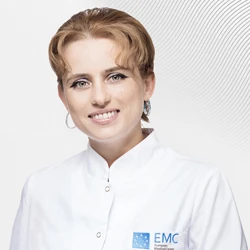
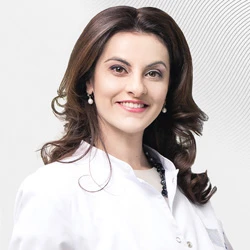
.webp)
.webp)
.webp)
